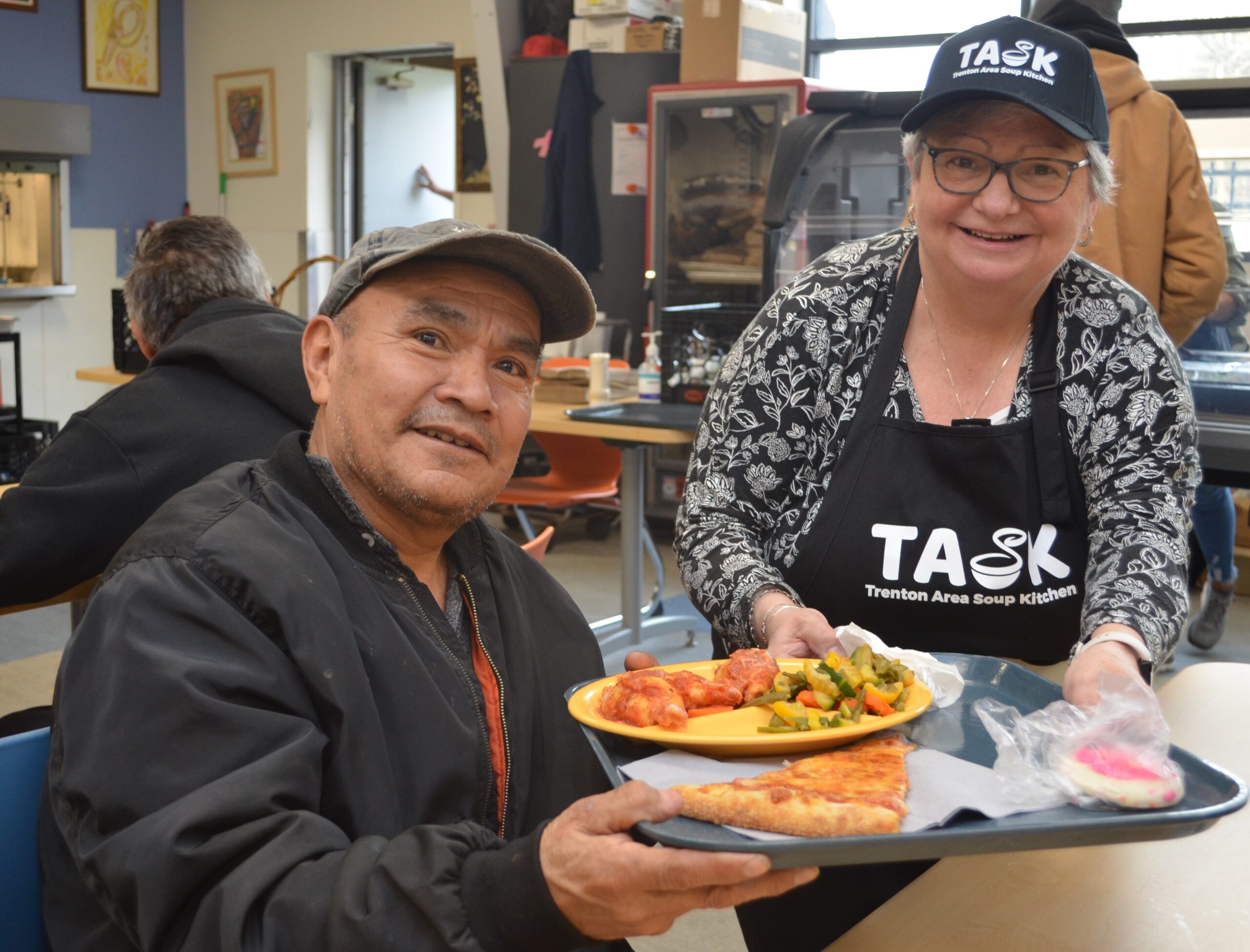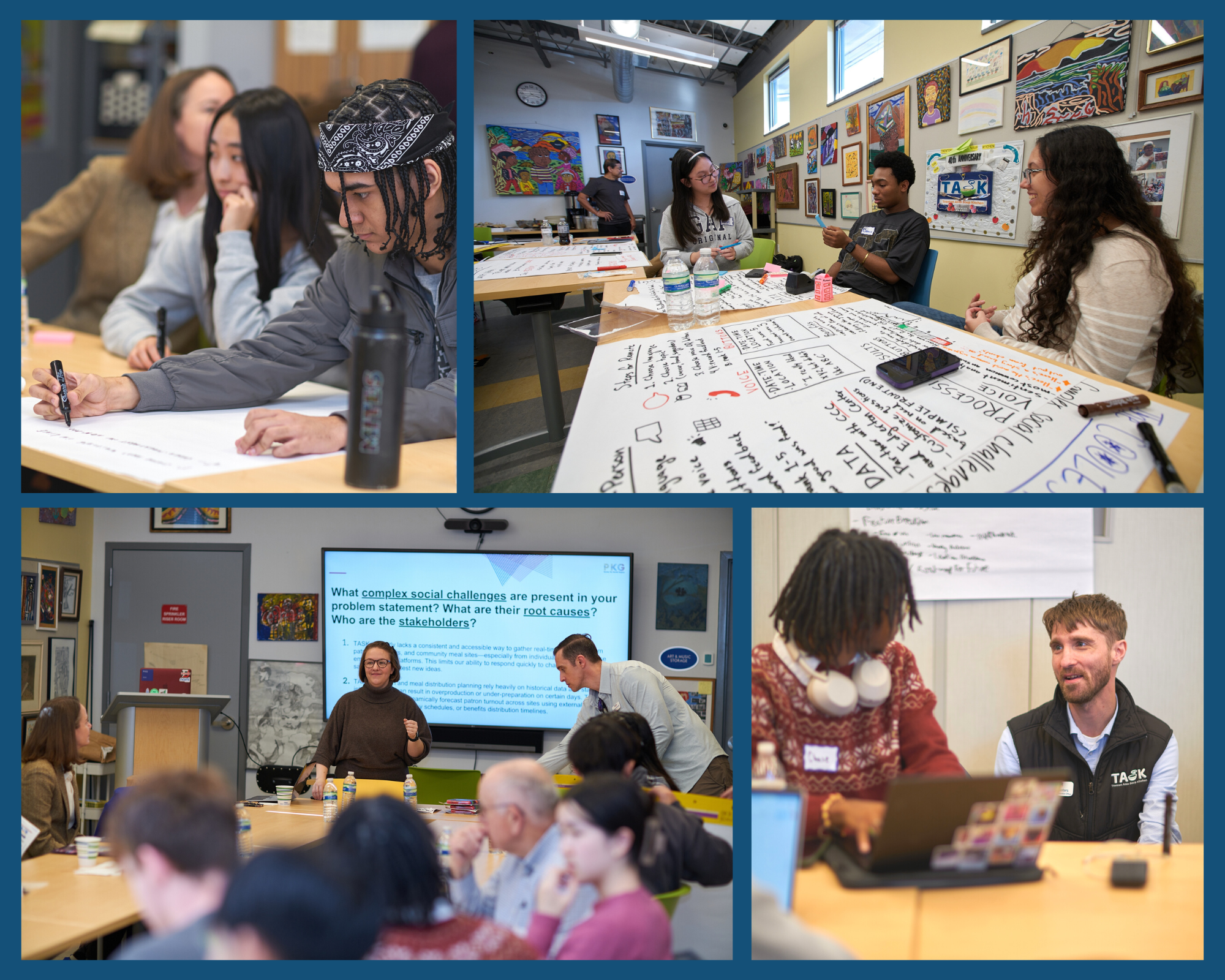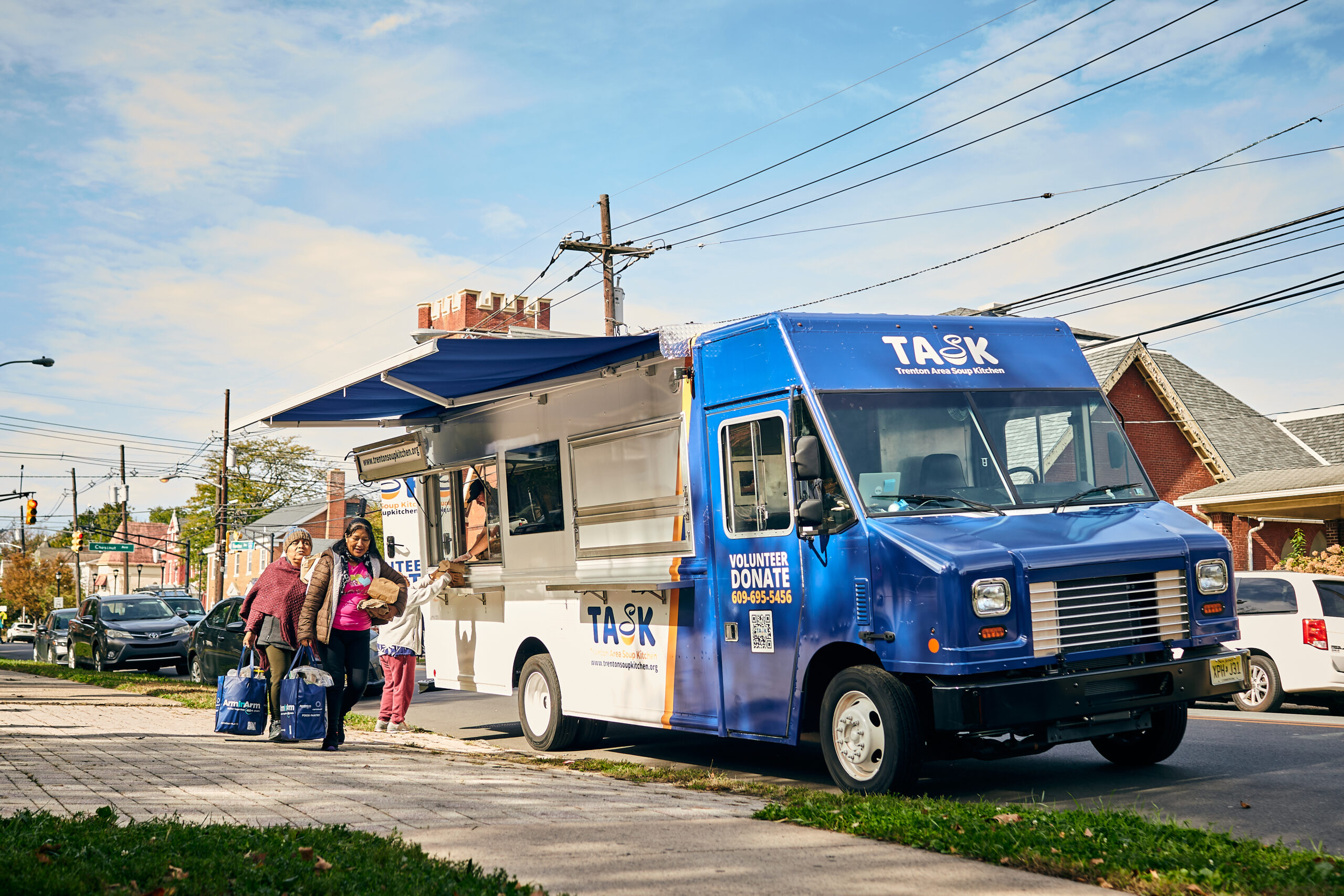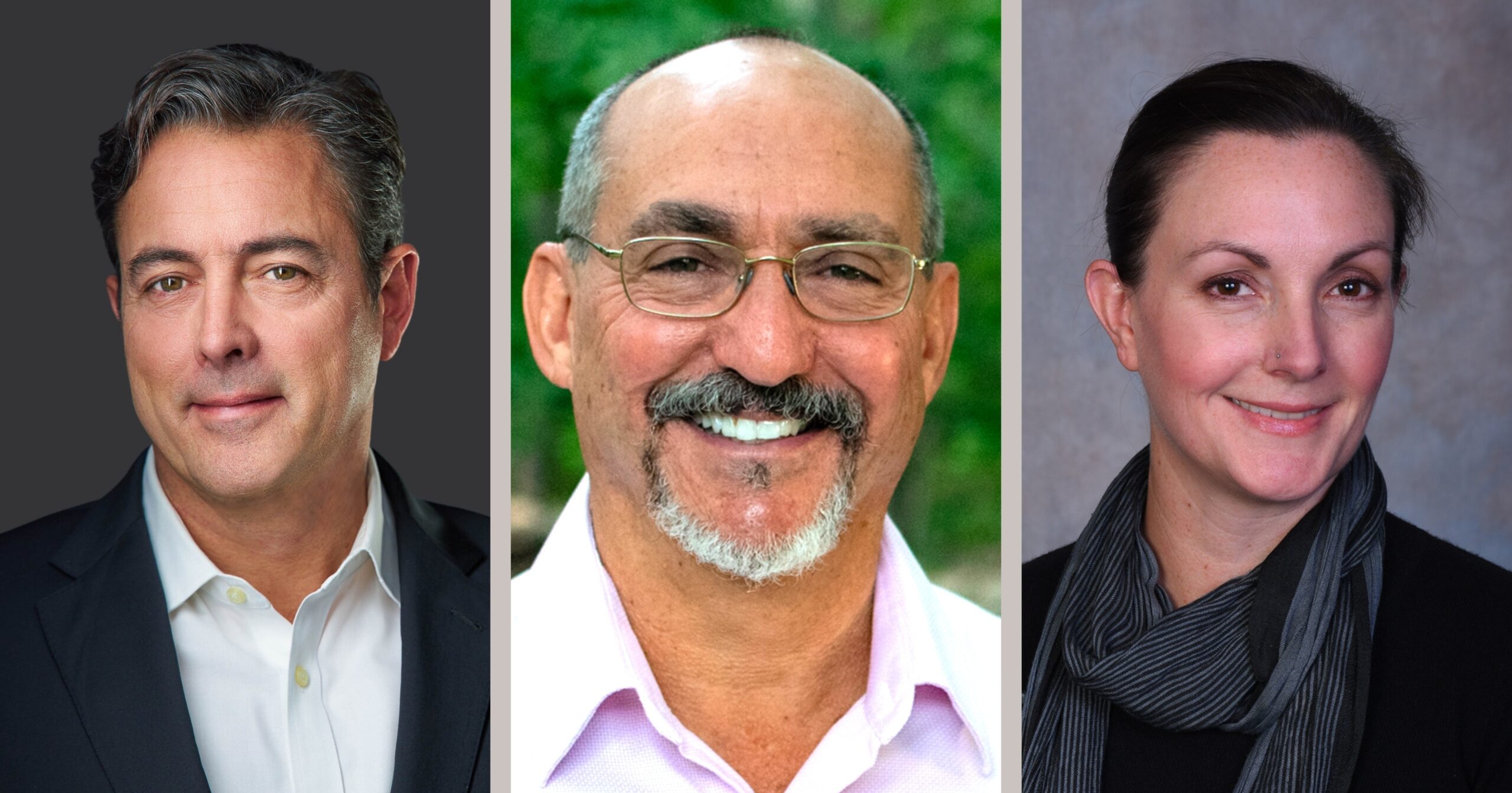News, Events & Stories
Hunger Is a Big Problem, and Soup Kitchens Are Thinking Bigger
A message from Joyce Campbell, TASK's Executive Director

A recent edition of Food Bank News featured a guest opinion written by Brian Greene, CEO of the Houston Food Bank, about food insecurity that inspired us here at TASK.
In a piece entitled, “Food Insecurity Isn’t About Food: Here’s What to Do About It” he wrote, “When we provide food to a family we are also helping them to pay for rent, utilities, or other expenses. This means that food insecurity isn’t really its own issue. People show up in our lines because food is generally their most flexible expense. It’s therefore little wonder that we see income insecurity manifesting so often as food insecurity.”
These days at TASK, we are seeing these manifestations firsthand. Since the beginning of the year, there has been a surge in hunger across our area. We are currently serving nearly twice the amount of meals during lunch at Escher Street compared to the previous year. In addition, many of those meals are for families with young children.
After a warm winter, where traditional day work like snow removal was nonexistent, and a spring that heralded the end of many emergency pandemic programs, we can see that even working families are struggling to make ends meet. Stagnant wages, the lack of affordable housing and rising consumer costs are further compounding the issue. Last month, TASK prepared and served more than 10,000 meals a week at Escher Street and our 34 community meal sites. The demand for hygiene kits, particularly for children, almost doubled.
Food is a transformative entry point for so many of our neighbors in need, often the first step on the path to self-sufficiency.
People come to our dining room first for nourishment, and that’s where they connect with our other programs and services — like case management, adult education, job search, ID services and creative arts — that help turn hunger into hope.
In reality, this has been the soup kitchen model all along. We have always thought “big” in our response to food insecurity, knowing that the key to solving hunger rests with solving problems like affordable housing, medical and mental healthcare, workforce preparedness and access to education.
I am proud that the State of New Jersey is leading the way in many respects. Since the onset of COVID-19, New Jersey soup kitchens and food banks have banded together to create a professional group to share resources and ideas. We meet regularly to discuss the issues most important to our patrons and our organizations, and we help encourage each other to “think big,” and collaboratively, in our approach to fighting hunger.
In addition, New Jersey legislators have made “big” moves to help support those facing food insecurity. As federal emergency pandemic benefits were winding down, including benefits under the Supplemental Nutrition Assistance Program (SNAP), New Jersey passed a law that guarantees families a minimum of $95 per month in SNAP benefits. As of March, the federally established minimum for SNAP benefits is just $23. New Jersey was the first state to raise SNAP benefits for residents. Nearly a half dozen other states are currently working to pass similar measures.
Furthermore, New Jersey has created an Office of the Food Security Advocate and named Mark Dinglasan its Director. The first person to fill the newly-created role, Dinglasan was appointed in August of 2022 by Governor Phil Murphy. Dinglasan formerly served as Executive Director of CUMAC, one of the largest anti-hunger organizations in Passaic County.
Last month, Dinglasan visited TASK. He spent time with TASK’s leadership team, greeted volunteers and toured the kitchen and dining room, drawing comparisons to his own experience and sharing his commitment to support organizations like TASK on the frontlines of hunger.
Said Dinglasan, “It was inspiring and motivating to visit TASK’s unique combination of direct service work, trauma-informed program design, and empowering community to actively participate in their mission.”
We were grateful for the opportunity to host Dinglasan, and we look forward to working with him toward a hunger-free New Jersey.
TASK, and our partners, are leading the way. We are providing a holistic approach to our fight against hunger, particularly in our ability to offer a full resource hub to those seeking aid. We not only provide a meal, we provide our community with the tools they need to thrive. With your support, we can continue to nourish the mind, body and soul while working to drive out hunger and its underlying causes.



